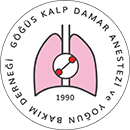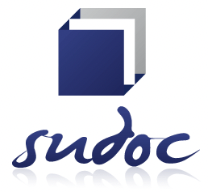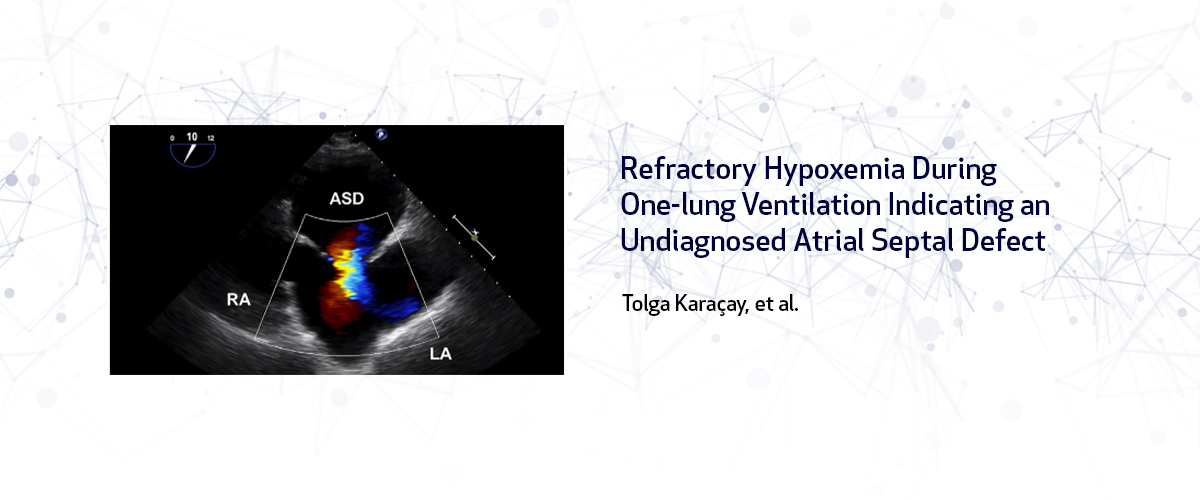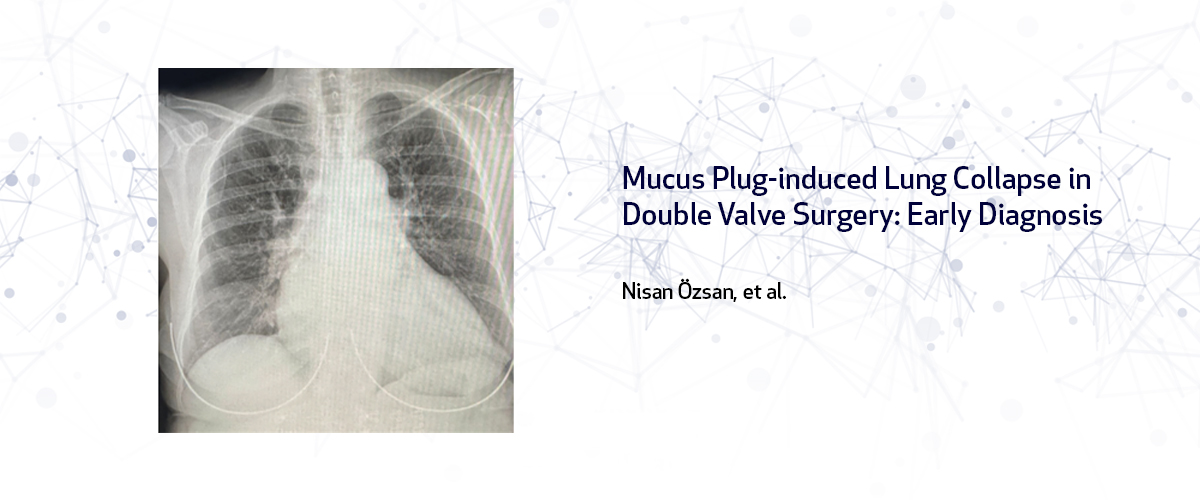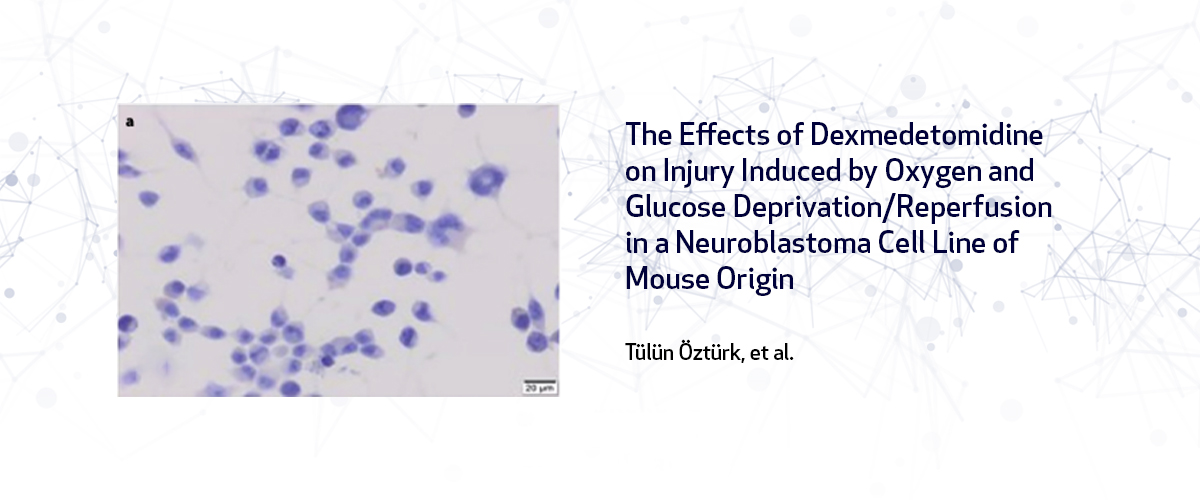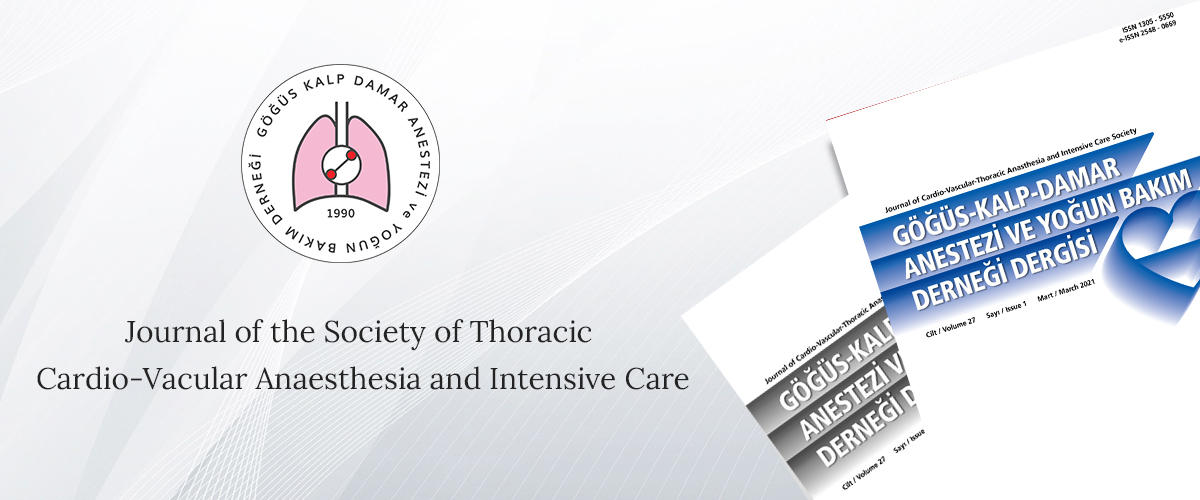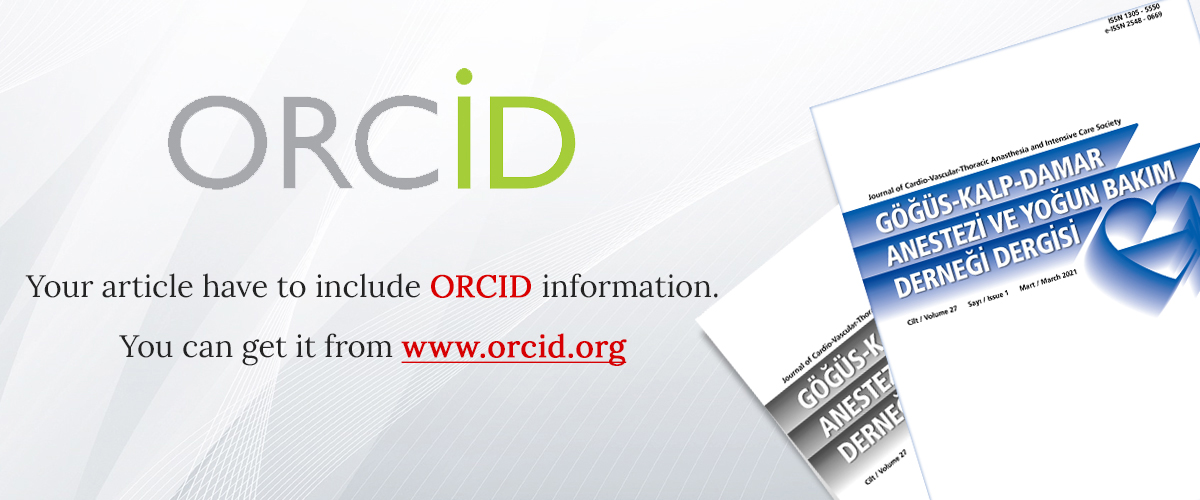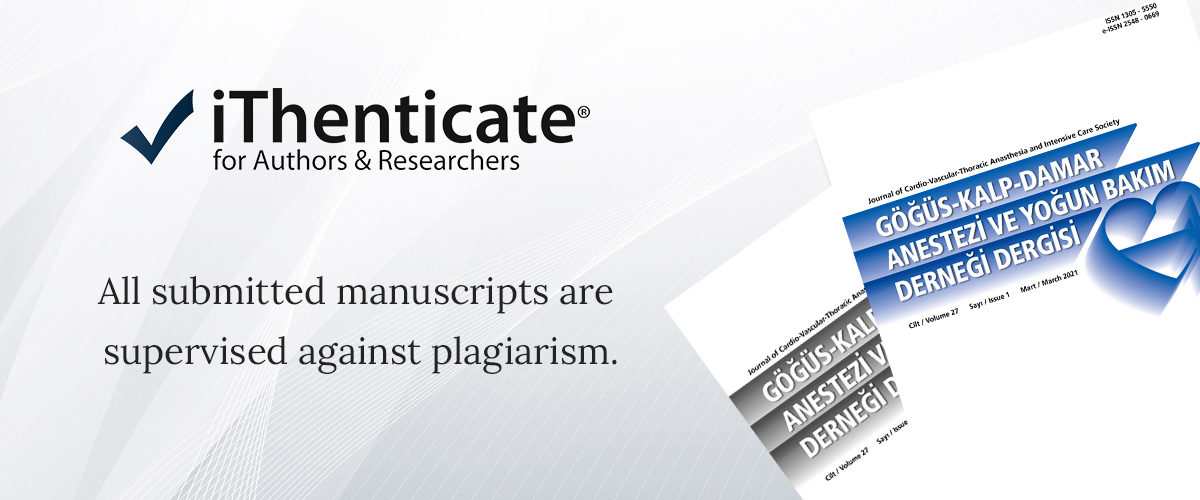

Ethical Policy
It is targeted that all parties participating in the creation of a scientific study (author, editor, reviewer, publisher and reader) contribute to the proper progress of science. Compliance with scientific ethical principles is important in the scientific studies prepared in accordance with this target. Kare Media adopted the ethical principles based on the directive prepared by the Committee on Publication Ethics (COPE) and recommended its adoption by all individuals contributing in the creation of a scientific work. Some items of this directive are mentioned below.
Ethical Responsibilities of the Authors
In accordance with the journal's policy, an approval of research protocols by an ethics committee in accordance with international agreements “WMA Declaration of Helsinki - Ethical Principles for Medical Research Involving Human Subjects (last updated: October 2013, Fortaleza, Brazil)”, “Guide for the care and use of laboratory animals (8th edition, 2011)” and/or “International Guiding Principles for Biomedical Research Involving Animals (2012)” is required for all research studies. If the submitted manuscript does not include ethics committee approval, it will be reviewed according to COPE's guideline (Guidance for Editors: Research, Audit and Service Evaluations). If the study should have ethical approval, authors will be asked to provide ethical approval in order to proceed the review process. If they cannot provide ethical approval, their manuscript will be rejected and also their institutions and when needed, the related bodies in their country will be informed that such studies must have ethics committee approval. If they provide approval, review of the manuscript will continue.
If the study does not need ethics committee approval after the editorial board’s review, the authors will be asked to provide an ethics committee approval or a document given by a related independent committee that indicates the study does not need ethics committee approval according to the research integrity rules in their country. If the authors provide either an approval or a document showing that ethics approval is not needed, the review process can be continued. If the authors cannot provide either documents, the manuscript may be rejected.
For articles concerning experimental research on humans, a statement should be included that shows informed consent of patients and volunteers was obtained following a detailed explanation of the procedures that they may undergo. The journal may request a copy of the Ethics Committee Approval received from the relevant authority. Informed consent must also be obtained for case reports and clinical images.
Studies using human or animal subjects should be approved by the appropriate institutional and local Ministry of Health ethics committees. Ethics approval of research protocols in accordance with international agreements is required for experimental, clinical, and drug studies, as well as for some case reports. Ethics committee reports or an equivalent official document may be requested from the authors. For manuscripts involving experimental research on humans, a statement should be included that shows that written, informed consent of patients and volunteers was obtained. For studies carried out on animals, the measures taken to prevent pain and suffering of the animals should be stated clearly. A statement regarding patient consent, and the name of the ethics committee, the ethics committee approval date, and number should be stated in the Materials and Methods section of the manuscript. It is the authors’ responsibility to carefully protect patients’ anonymity.
Research Ethics for Vulnerable Populations
At the Journal of Thoracic-Cardiovascular Anesthesia and Intensive Care Society, we are committed to upholding the highest ethical standards in all research involving human participants, especially vulnerable populations such as children. In line with our dedication to responsible and respectful research practices, we have established the following guidelines to ensure the protection and ethical treatment of these groups:
Consent Requirements for Children
Parental/Guardian Consent: For all research involving children under the age of 18, written informed consent must be obtained from a parent or legal guardian. This consent must be informed, voluntary, and documented.
Assent from Children: In addition to parental consent, researchers are required to obtain assent from children who are capable of forming an opinion and making a decision regarding their participation in the study. This process must be age-appropriate and must respect the child’s level of understanding and autonomy.
Privacy and Confidentiality: Extra precautions will be taken to protect the privacy and confidentiality of child participants. This includes using pseudonyms, removing identifiable details from published data, and securely storing data.
Ethical Review: All studies involving children must undergo a rigorous ethical review process to ensure that the research is justified, and the potential benefits outweigh any risks. The ethical review will also ensure that the study adheres to the principles of beneficence, non-maleficence, and justice.
Oversight and Monitoring
To ensure adherence to these ethical guidelines, the Journal of Cardiovascular Thoracic Anesthesia and Intensive Care Society requires that all studies involving vulnerable populations be reviewed and monitored by an Institutional Review Board (IRB) or an equivalent ethical oversight committee. This committee will oversee the study from its inception to its completion, ensuring continuous protection of the participants' rights and well-being.
For more details on our research ethics policies and procedures, or to report any concerns regarding the ethical conduct of a study published in our journal, please contact our ethics committee at [email protected].
Ethical Duties and Responsibilities of the Editors
Acting in a balanced, objective and fair manner while performing their duties without any discrimination based on gender, religious or political beliefs, ethnic or geographical origin of the authors.
To evaluate the work submitted to the journal according to its content without showing any privilege to any author.
To take necessary measures to prevent potential conflicts of interest and to evaluate existing statements, if any.
To deal with sponsored works or special studies in the same way as other studies,
In case of complaints related to violation of ethics, to enforce necessary procedures by adhering to the policies and procedures of the journal. To give the authors an opportunity to respond to the complaint, and without refraining from imposing the necessary sanctions, regardless of the identity of the owner of the work To reject the study if it does not meet the purpose and scope of the journal.
Ethical Responsibilities of the Reviewers
In order to contribute to the editor's decision-making process, the manuscript should be scrutinized in a timely fashion and reviews should only accept the critical evaluation of the study of his/her expertise.
The assessment should be done in an objective manner only in relation to the content of the study. The study should be evaluated without considering religious, political and economic interests.
To make suggestions to help improve the quality of the article to be published and to critically review the study. To communicate his/her comments to the author in a constructive and gentle language.
To protect the confidentiality of the information provided by the editor and the author, to destroy the work after the evaluation process in accordance with the principle of confidentiality, to report to the editor if there is anything contrary to the blind review process and not to evaluate this study.
To be cognizant of potential conflicts of interest (financial, institutional, collaborative, or other relationships between the author and the author), and, if necessary, to alert the editor to withdraw his or her assistance for this article.
Ethical Responsibilities of the Publisher
Among the parties involved in a creation of a scientific study, the publisher should act within all these ethical principles.
In addition to these, the publisher is obliged to use its communication power without any individual interest and to direct the target audience correctly.
It protects the ownership and copyright of each work published in its journals/books and undertakes the task of archiving every published work.
People should not hesitate to get contact with the publisher when they encounter an unethical situation.
Some of the actions considered to be against scientific research and publication ethics
- Plagiarism: To adopt the original ideas, methods, data or works of others partially or wholly without referencing them in compliance with scientific rules,
- Fraud: to use data that is not actually present or falsified in scientific research
- Distortion: Distorting the research records or data obtained, demonstrating unused devices or materials as if they were used in the research, and distorting or shaping the results of research in the interests of the people and organizations that sponsored the study;
- Republication: To present duplicates as separate publications in academic appointments and elevations
- Slicing: To present the results of a research as separate publications in academic appointments and upgrades by disseminating and publishing the results of a research in a way that disrupts the integrity of the research and submit them as separate publications more than once;
- Unfair authorship: to include people who are not active contributors or not to include those who are contributing to the study, to change the ranking of the authors inappropriately without any justification and, to remove the names of those who offered their active contributions in t the previous editions, to include their names among the writers by using their influence even though they did not actively contributed to the work
- Not specifying the people, institutions or organizations that support the publications realized as a result of the researches carried out with their support, and contributions,
- To use the thesis or studies which have not been submitted yet or have not been accepted as a source without the permission of the owner,
- Failure to comply with ethical rules in human and animal researches, not to respect patient rights in its publications, to harm animal health and ecological balance, to refrain from obtaining necessary permissions,
- To misuse resources, places, facilities and devices provided for scientific research,
- To make false or misleading statements regarding scientific research and publications in academic appointments and elevations.
Artificial Intelligence (AI)-Assisted Technology
At submission, the journal should require authors to disclose whether they used artificial intelligence (AI)-assisted technologies (such as Large Language Models [LLMs], chatbots, or image creators) in the production of submitted work. Authors who use such technology should describe, in both the cover letter and the submitted work, how they used it.
Chatbots (such as ChatGPT) should not be listed as authors because they cannot be responsible for the accuracy, integrity, and originality of the work, and these responsibilities are required for authorship. Therefore, humans are responsible for any submitted material that included the use of AI-assisted technologies. Authors should carefully review and edit the result because AI can generate authoritative-sounding output that can be incorrect, incomplete, or biased. Authors should not list AI and AIassisted technologies as an author or co-author, nor cite AI as an author. Authors should be able to assert that there is no plagiarism in their paper, including in text and images produced by the AI.
Humans must ensure there is appropriate attribution of all quoted material, including full citations.
